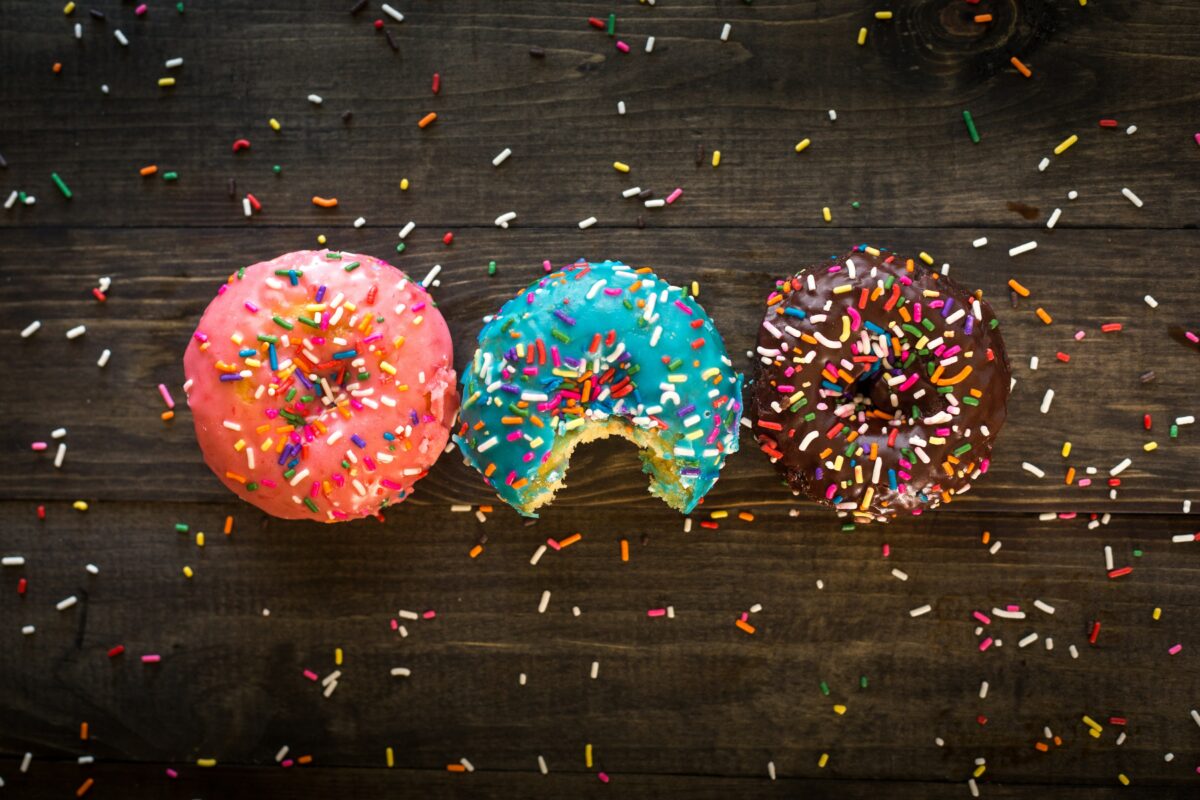
June 21, 2018
Is Late Night Snacking Really That Bad For You?
SHARE
There’s no shortage of nutrition experts who believe that late night snacking is bad for your health and causes weight gain. According to them, all late night snacks are a complete no-no, even healthy ones.
On the flip side, some experts believe that late night snacking increases your metabolism and helps burn calories. To them, a calorie is a calorie no matter when you eat it. So, who’s right?
Bad News for Late Night Snackers
Multiple nutrition studies have proven that eating at night causes weight gain as well as negative hormonal and metabolic changes. This applies for healthy eaters as well.
Your body has an internal clock, which typically wants you to be awake during the day and asleep at night. For this reason, the food that you eat during “normal waking hours” is metabolized much faster than food eaten at 3:00 am when your body clock is in sleep mode. Your liver also absorbs fats much faster during the day, so when you eat at night most of that fat gets stored causing weight gain.
What Time Of The Night Should You Stop Eating?
Consider having your main meal before 3:00 pm; so go ahead and have a hearty lunch. After 3:00 pm, most of the hormones that follow your natural circadian rhythm, your body clock, begin decreasing as your body prepares for the end of the day. Additionally, most experts do not recommend eating after 7:00 pm because most late-night munching has more to do with cravings than hunger. This doesn’t mean you should starve yourself if you’re legitimately hungry and didn’t have a chance to eat before 7:00 pm.
But, If You Do Have a Late Night Snack . . .
Obviously, all late night snacks are not created equal. If you can’t fall asleep because you’re hungry and have a bad case of the munchies, eat something that isn’t too sweet, salty or rich and has fewere than 150 calories. Have a piece of fruit, a glass of low fat milk or low fat yogurt (make sure it isn’t loaded with sugar), one or two squares of dark chocolate or a high fiber snack bar (again, check its sugar content).
Late night snacks to avoid include cereal, ice cream, fries, burgers, soda – basically anything that is high in sugar and fat. And stick to foods that don’t trigger overeating, like chips and cookies – anything you know you can’t stop eating once you’ve opened the floodgates! Even better, don’t keep junk food in the house to avoid late night temptations altogether.
If you must eat late at night, have a small, healthy snack. You’ll sleep better and your body (especially your waistline) will thank you for it!
